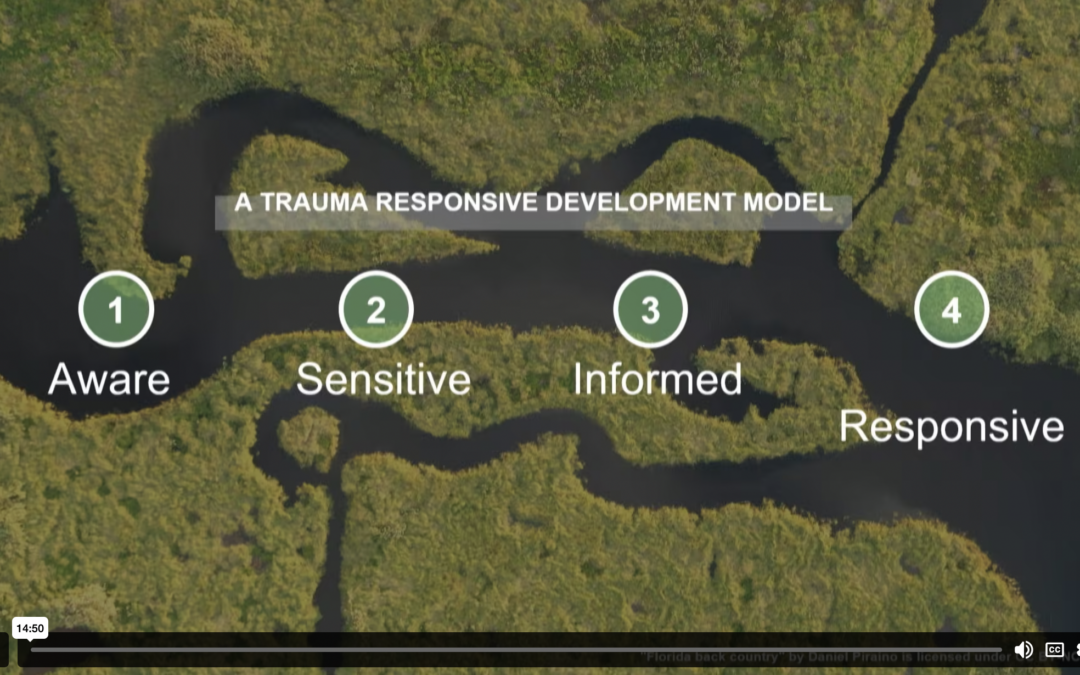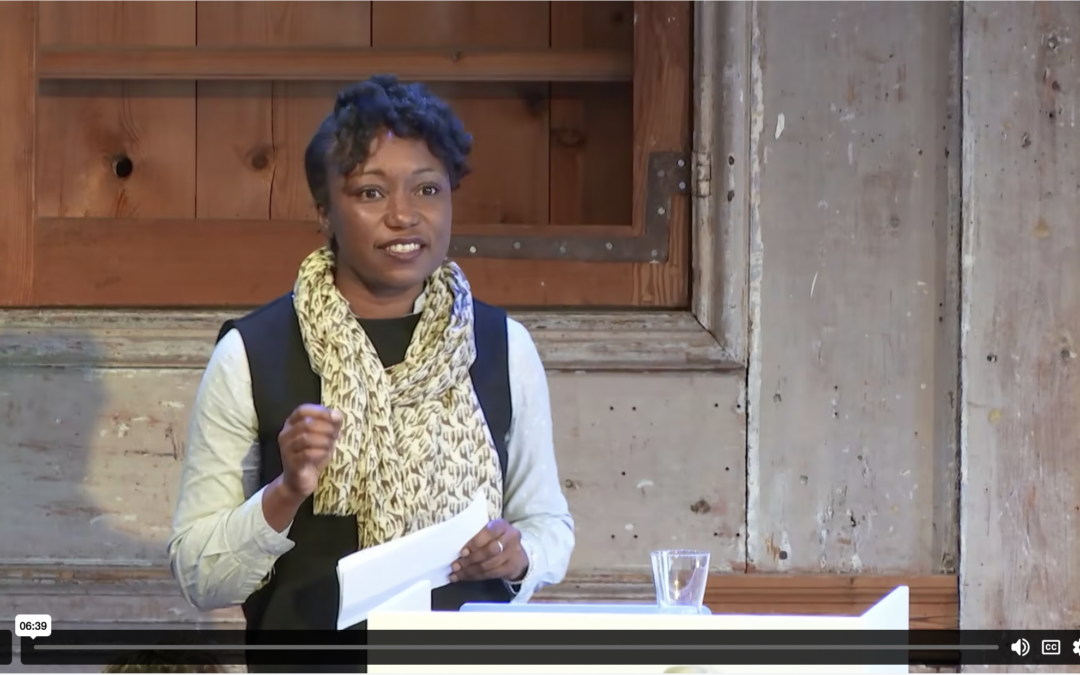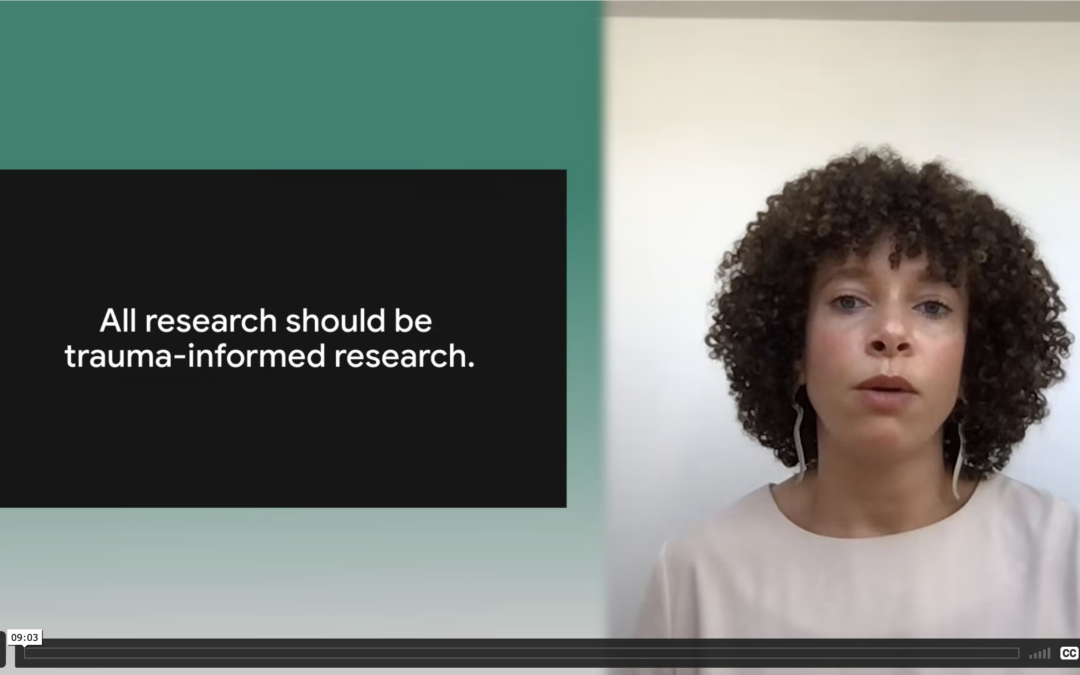This paper is an exploration of trauma, how and why it can surface during ethnographic and qualitative research, and the importance of anticipating its potential presence. We present a model to help plan for and...


This paper is an exploration of trauma, how and why it can surface during ethnographic and qualitative research, and the importance of anticipating its potential presence. We present a model to help plan for and...

Dealing in Desire: Asian Ascendancy, Western Decline, and the Hidden Currencies of Global Sex Work Kimberly Kay Hoang 2015, 248pp, University of California Press The Labor of Care: Filipina Migrants and Transnational Families in the Digital Age Valerie Francisco-Menchavez 2018, 256pp, University...

What happens when the research lens is turned inward? As a Strategic Designer, I spend most of time planning for research to engage with people so I can better understand their needs and behaviors and turn...

This case study argues that all research should be trauma-informed research. It asserts that because researchers cannot anticipate everything about research participants’ needs, histories, and context, taking an approach that assumes all participants are more likely than not to have experienced...

In design and research, we’re often under pressure to work efficiently and create change, often operating across...